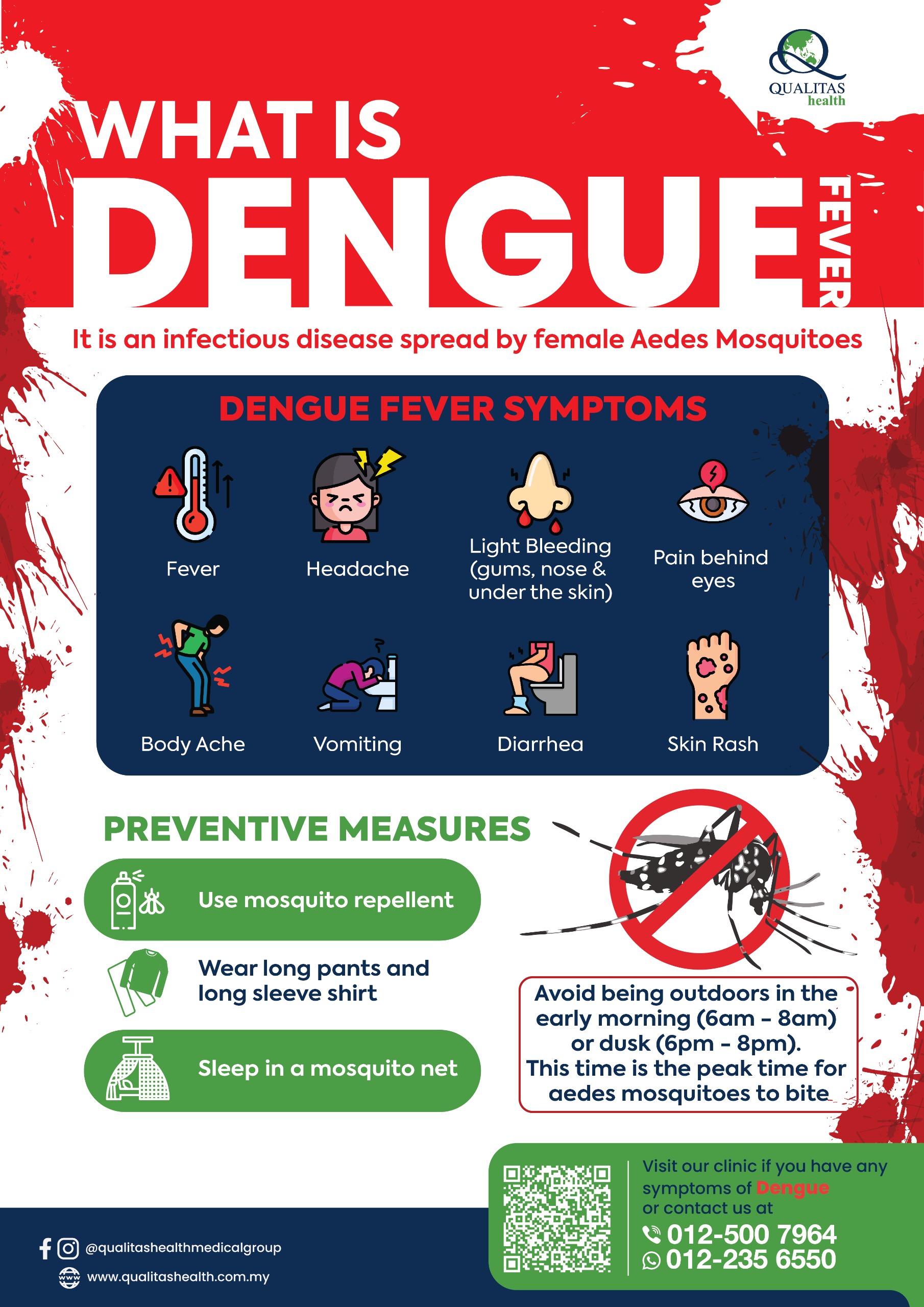In Malaysia, dengue is a significant public health concern, with an increasing number of cases reported annually. This rise is particularly notable in urban and semi-urban areas. The hot and rainy seasons in Malaysia create ideal conditions for the breeding of Aedes mosquitoes, the primary vectors for dengue transmission.
Dengue & Seasonal Patterns in Malaysia
Ideal Breeding Conditions: The combination of high temperatures and abundant rainfall creates perfect environments for Aedes mosquitoes to breed. Stagnant water, common in post-rainfall periods, serves as ideal breeding sites.
Urbanization & Population Density: Urban areas in Malaysia, with their high population density, inadequate waste management and frequent water stagnation, exacerbate the risk of dengue outbreaks.
Climate Change Effects: With climate change, the patterns of rainfall and temperature are becoming more unpredictable, potentially leading to longer and more intense dengue transmission seasons.
Take Charge & Practice These Preventive Methods

In conclusion, while the challenge of dengue in Malaysia, especially during the hot and rainy seasons, is significant, there’s a silver lining. Through community solidarity and increased public awareness, we can collectively turn the tide against this disease. Every small action, whether it’s keeping our surroundings clean or educating others about dengue prevention, contributes to a healthier, safer Malaysia. Together, let’s embrace this challenge with optimism and dedication, knowing that our united efforts can make a substantial difference.

